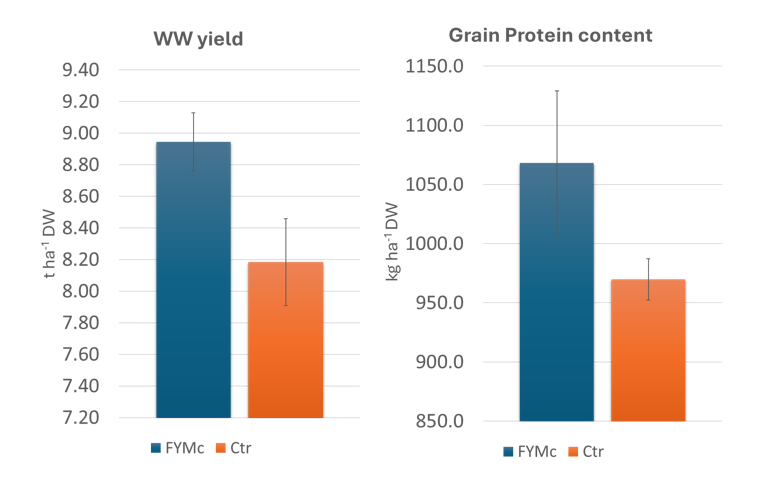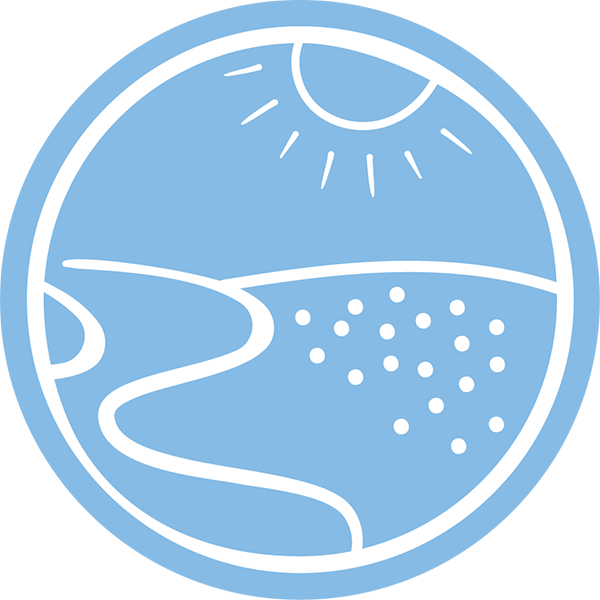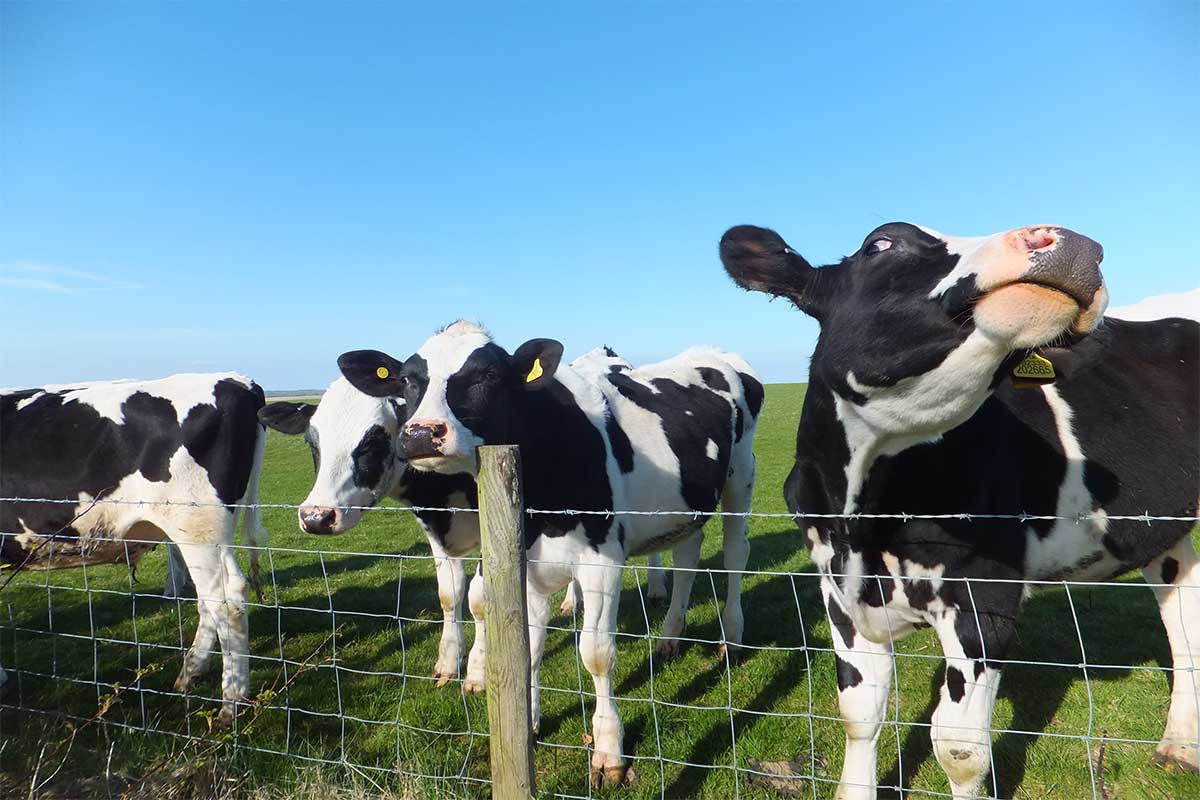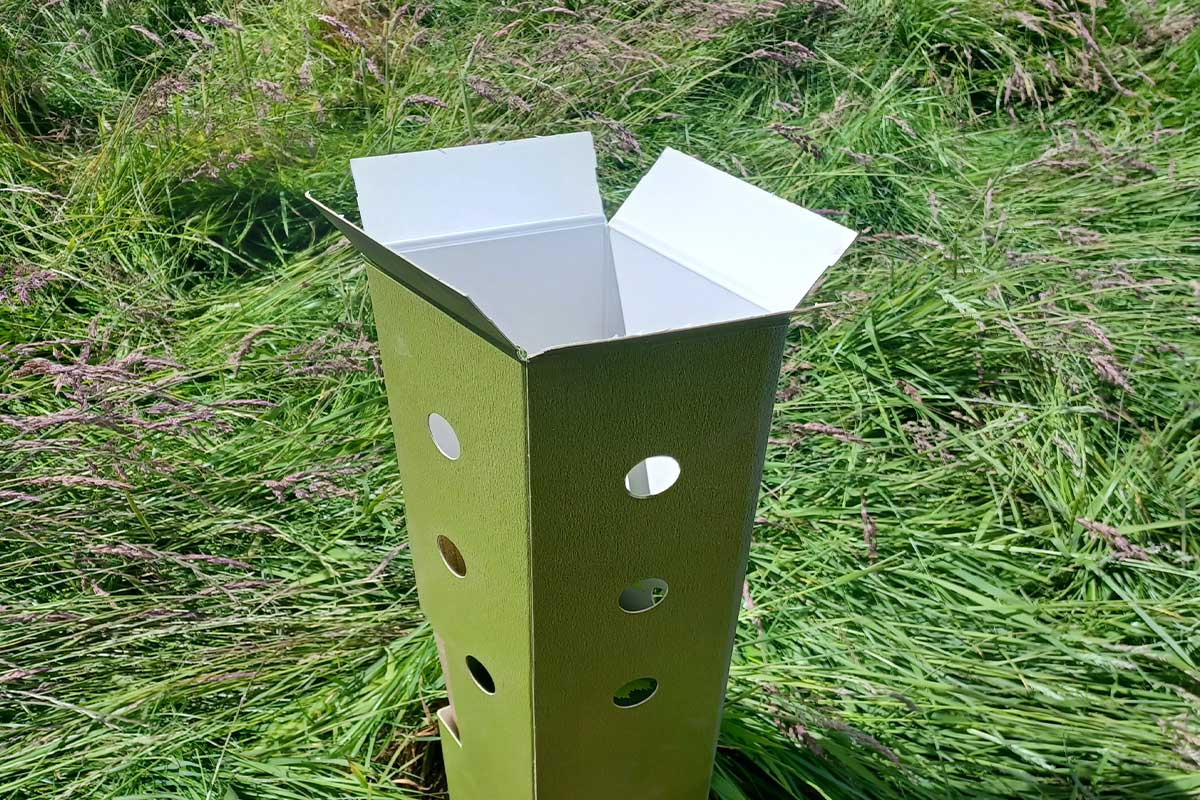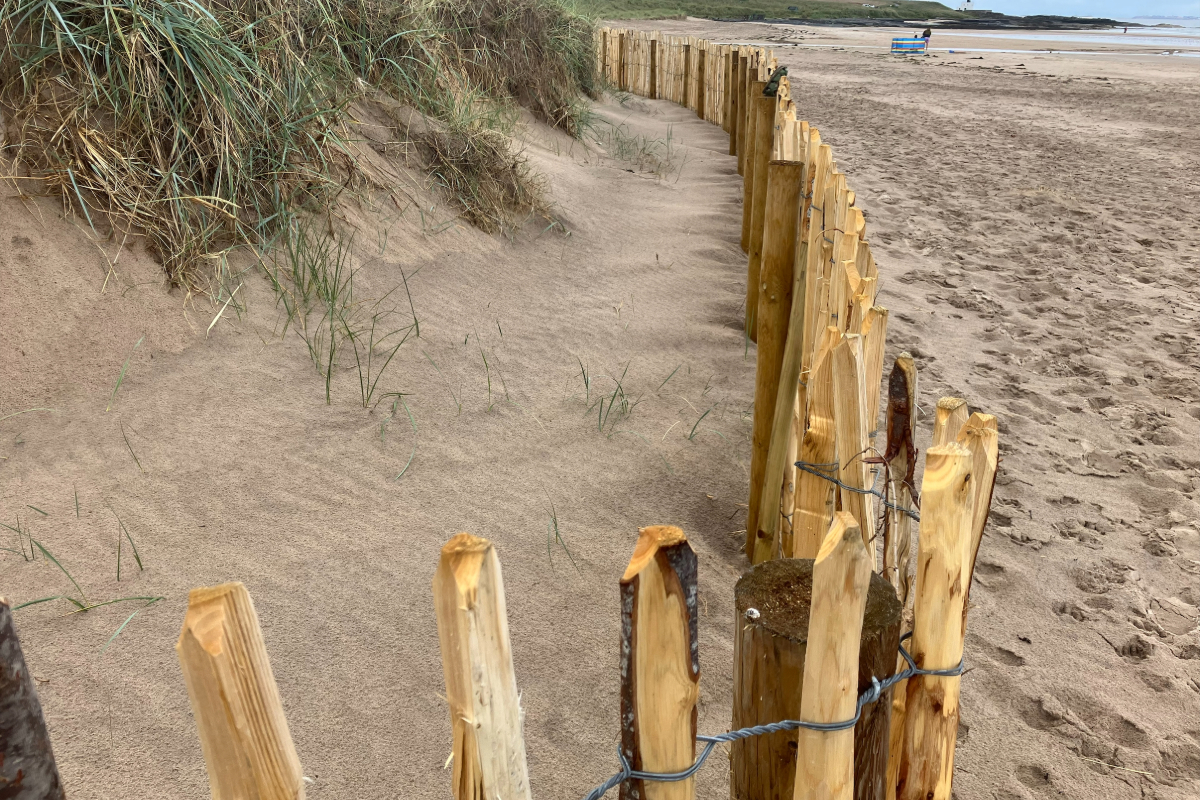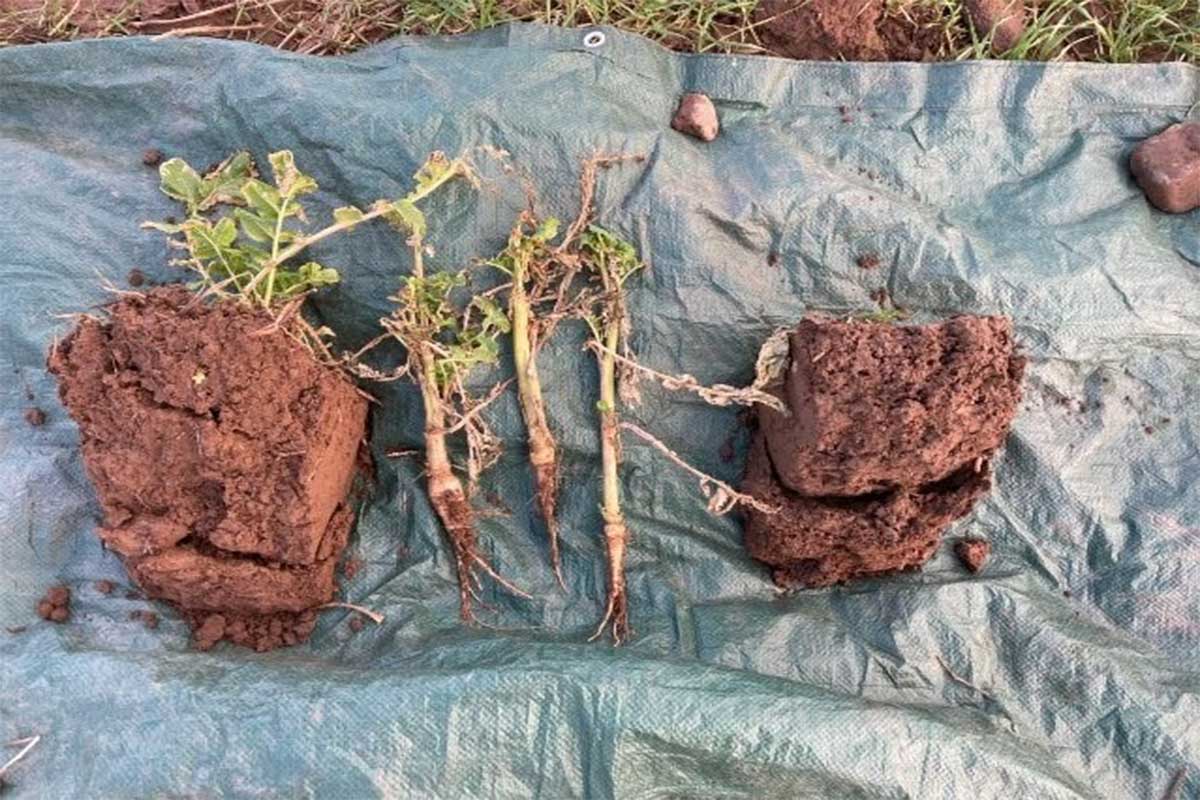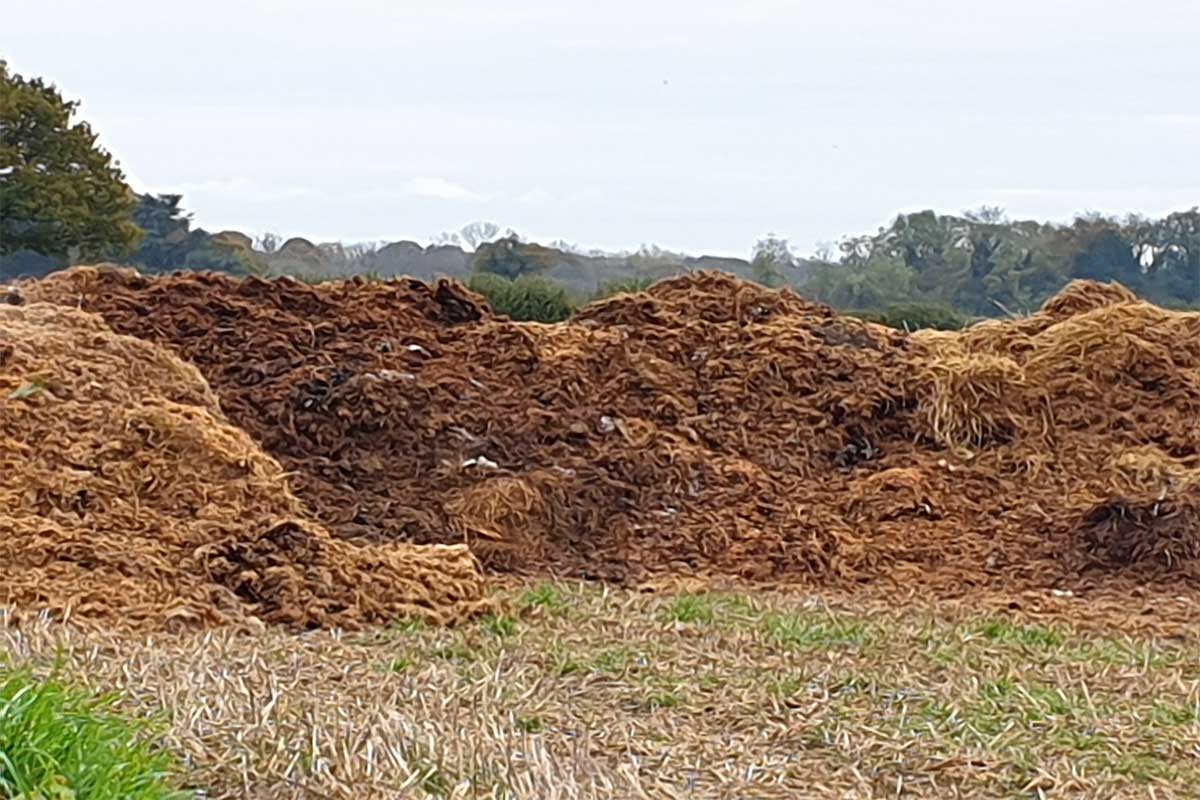
Adding composted farmyard manure to fields is a low intensity soil management approach that can have multiple soil health benefits. It can improve soil structure and stability, increase water holding capacity and increase soil organic matter. This makes for healthier, more fertile soil and less nutrient run-off into water courses. Although composted farmyard manure is scientifically proven to be very beneficial to soils, in the WADER project area its benefits are misunderstood.
At the start of the project before the addition of farmyard manure, the soil was analysed for texture, mineral composition, carbon/nitrogen and microorganisms. The soil health at this stage was defined as poor. In August 2023, WADER applied farmyard manure before the drilling of a winter wheat cereal crop. This will be repeated for two more years (2024 and 2025).
In Spring (2024-2026) when the crop is established, soil will be re-analysed with the same tests as above. These tests will then be repeated in Summer (2024-2026) once the crop has been harvested. Parallel tests on the changing nutrient content in the wheat’s leaf and grain will also be carried out.
